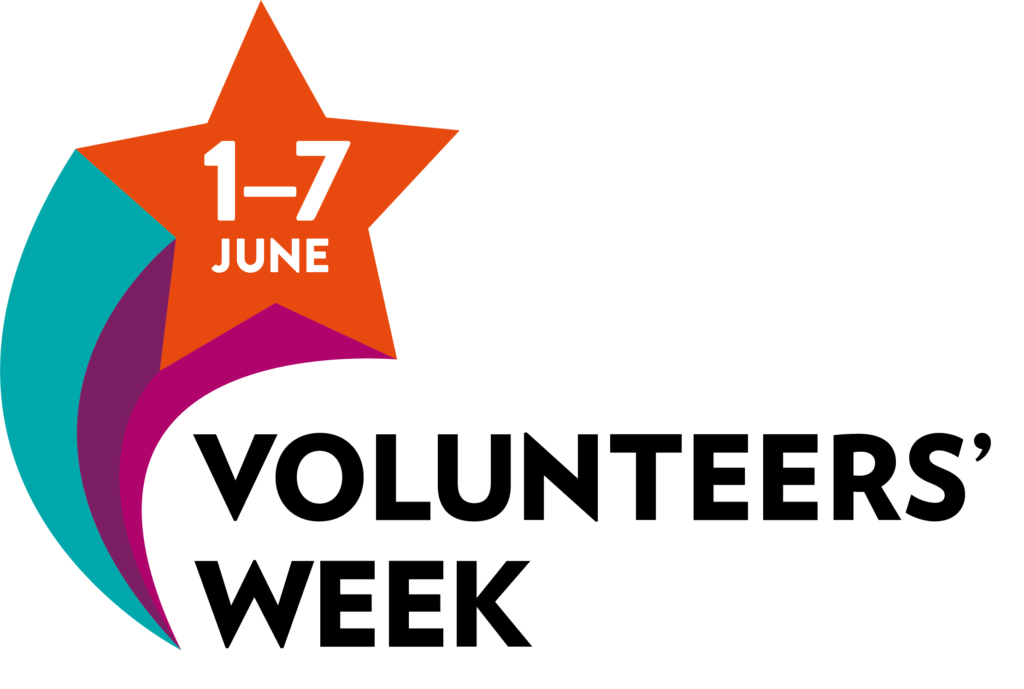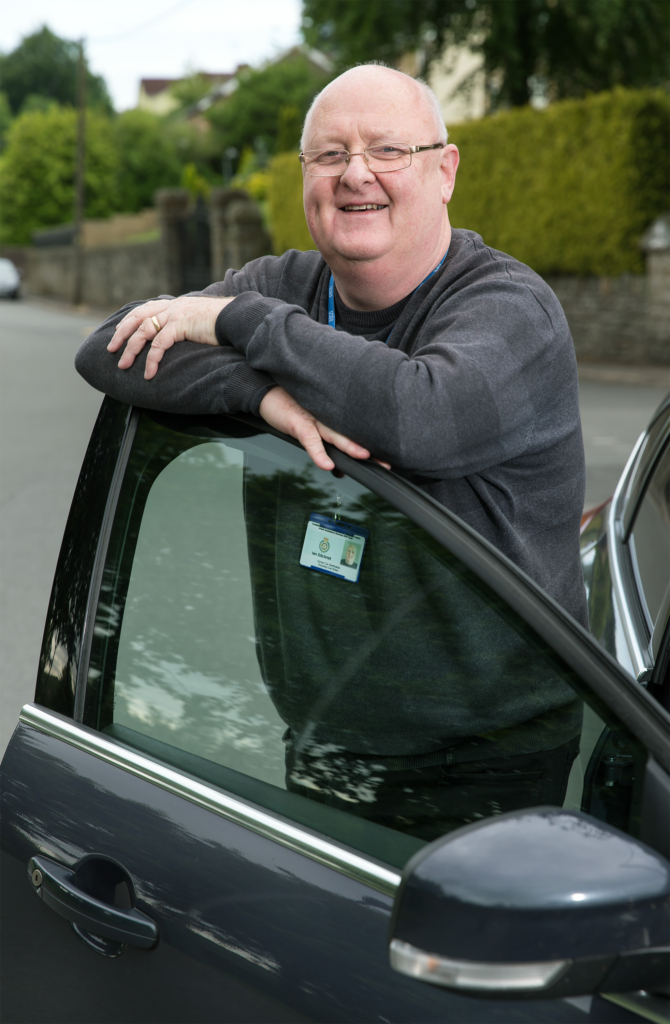Welsh Ambulance Service Celebrates Volunteers Week’ 2021
The Welsh Ambulance Service spent last week celebrating the work of its volunteers as part of National Volunteers’ Week.
Volunteers’ Week (01-07 June) is an annual celebration of the contribution millions of people make across the UK through volunteering.
More than 800 volunteers give up their time to support the ambulance service in Wales, including 600 Community First Responders and 200 Volunteer Car Drivers.
Jason Killens, Chief Executive of the Welsh Ambulance Service, said: “As an ambulance service, we depend hugely on the contribution of our volunteers, come rain or shine.’
“The commitment from volunteers through the COVID-19 pandemic in particular has been incredible, and we are enormously grateful to those who have stepped up to help us during these difficult times.’
“Volunteers’ Week is a perfect opportunity to highlight the work they do and to publicly thank them for their ongoing commitment.”
Volunteer Car Drivers use their own vehicles to transport people to routine hospital appointments, including renal dialysis, oncology and outpatients appointments.
In 2020/21, they made 46,745 journeys across Wales and covered more than a million miles.
Among them is former police officer Judith Sutcliffe, of Cemaes Bay, Anglesey, who was so inspired by a conversation with one patient about dogs that she decided to adopt her own.
Judith, a volunteer of three years, said: “You get to meet such interesting people as a Volunteer Car Driver.’
“I took one lady from Beaumaris to Gobowen and had a really good chat about dogs.’
“When we reached our destination, she asked me why I didn’t have one if I loved them so much.’
“Later, my husband and I re-homed a beautiful Brittany Setter called Remy, and this is entirely down to a patient I met through the Volunteer Car Service.’
“I love this work and it’s a privilege to deliver such an important service.”
Pennie Walker, Volunteer Manager for the Trust’s Non-Emergency Patient Transport Service, said: “The Volunteer Car Service is an important cog in the wheel of the non-emergency service.’
“Volunteers get to know their patients, especially those they transport regularly, and it’s as rewarding an experience for them as it is for patients.”
Meanwhile, Community First Responders are volunteers who attend 999 calls in their community and administer first aid in the precious first minutes before an ambulance arrives.
They are trained by the Welsh Ambulance Service to administer first aid, including oxygen therapy and cardiopulmonary resuscitation, as well as the use of a defibrillator.
Last year, Community First Responders attended more than 9,500 emergencies, arriving at the scene of the most serious ‘Red’ calls in an average of six minutes and 44 seconds.
Among them is Jay Garden, of Holyhead, Anglesey, who was inspired to join after his sister experienced a medical emergency which saw the family call 999 for help.
After two years in a volunteering role, the father-of-three has decided to pursue a career at the ambulance service and will begin his training as an Emergency Medical Technician next week.
Jay said: “In 2019, my sister went into anaphylactic shock at home.
“While I had a good level of casualty care training through my volunteering with the RNLI, nothing could prepare me to see one of my family members in crisis.
“When the paramedic walked through the door with the kit in his bag to save my sister’s life, it was a moment which changed my life.
“On the journey to hospital, I asked the paramedic question after question and that’s when I learned about becoming a Community First Responder.
“I signed up to the course and never looked back.
“It’s safe to say that volunteering has changed my life.”
Glyn Thomas, the Trust’s Alternative Responder Manager, said: “Every second counts in an emergency, and the role that first responders play in initiating that chain of survival can literally mean the difference between life and death.
“First responders don’t just provide life-saving support at events such as cardiac arrests; they’re also trained to deal with a broader range of medical emergencies, including non-injured fallers.”
The Trust is preparing to launch its first Volunteers’ Strategy, which sets out how volunteers will be better integrated into the workforce and better supported to deliver the role.
Lee Brooks, the Trust’s Director of Operations, said: “Volunteering at the Welsh Ambulance Service has come a long way in the last two decades.
“There are new and exciting plans afoot as we further embrace our volunteers as part of the #TeamWAST family.”
As well as Community First Responders and Volunteer Car Drivers, the Trust also relies on the support of St John Ambulance Cymru as well as ‘BASICS’ doctors from the British Association of Immediate Care, who provide pre-hospital care at the scene of more complex emergencies.
At this time, the Trust is unable to accept applications for the role of Community First Responder, but applications for the Voluntary Car Service are welcome.
Quality content
- Casinos Not On Gamstop
- Casinos Not On Gamstop
- Casino Sites Not On Gamstop
- Non Gamstop Casino
- UK Online Casinos Not On Gamstop
- Casino Sites Not On Gamstop UK
- Casino Sites Not On Gamstop
- Games Not On Gamstop
- Sites Not On Gamstop
- UK Online Casinos Not On Gamstop
- Casino Not On Gamstop
- Slots Not On Gamstop
- Casino Not On Gamstop
- Gambling Not On Gamstop
- Casinos Not On Gamstop
- Non Gamstop Casino
- UK Online Casinos Not On Gamstop
- Casino Sites Not On Gamstop
- Best Betting Sites
- Best UK Online Casinos
- New Horse Racing Betting Sites













